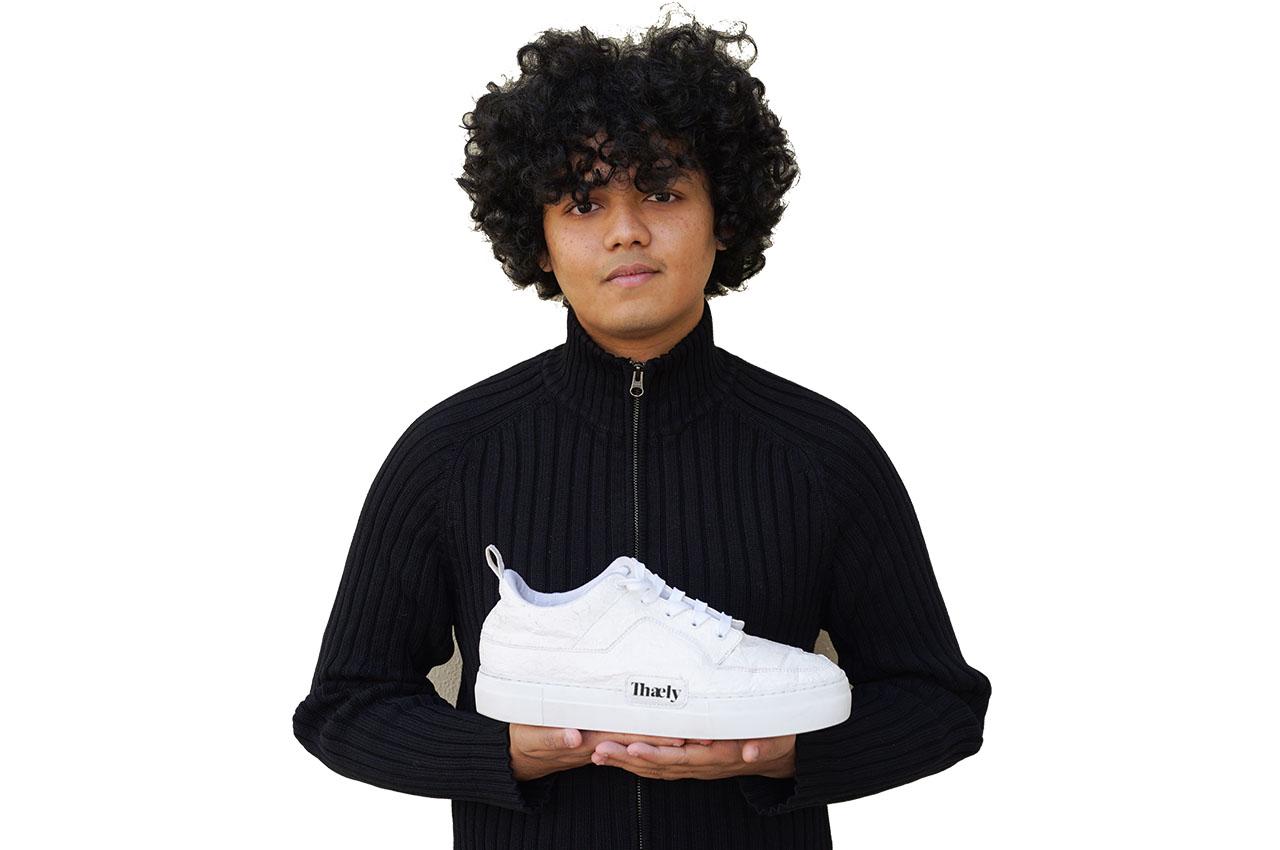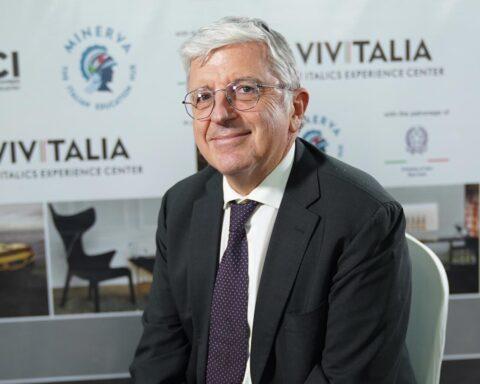Thaely, a footwear start-up founded by Ashay Bhave, creates zero-waste, Made in India shoes from upcycled plastic bags, plastic bottles and recycled rubber. Led by functionality and sustainability, the brand is Bhave’s response to the massive, underutilised resource of plastic, which is seen as a global problem. The designer-turned-entrepreneur prefers to look at the big picture. He maps his early success in plastic bottles (over 48,000) and bags (over 40,000) used in making Thaely shoes. He intends to measure and report his forthcoming performance in terms of five sustainable development goals (SDGs 8, 9, 12, 13, 14). With a circular economy and job creation part of his vision, Bhave shares his ideas with Tatsat Chronicle in a freewheeling conversation.
Tell us about Thaely’s origin and inspiration.
I started working on Thaely when I was 20. Initially, it was a design project. The plan was to develop an ethically produced sneaker, using components recycled from waste materials. The aim of the exercise was to find a solution to the problem of the 100 billion plastic bags used each year globally.
The main idea behind Thaely was to find a way to recycle plastic bags because I learned that nobody really recycles these bags. They do not really have any monetary value and are also not collected as such. There are fashion brands that have been using rPet — a material made from plastic bottles — but plastic bags have gotten no attention even though they make up to 14% of all ocean plastic waste. I wanted to find a solution to this. I was working on a few different techniques and the one that I developed was a chemical-free process to recycle plastic bags into a leather-like fabric. We call this fabric ThaelyTex. It is basically a leather replacement. Initially, we had it in white. Now, we have it in black also.


























